

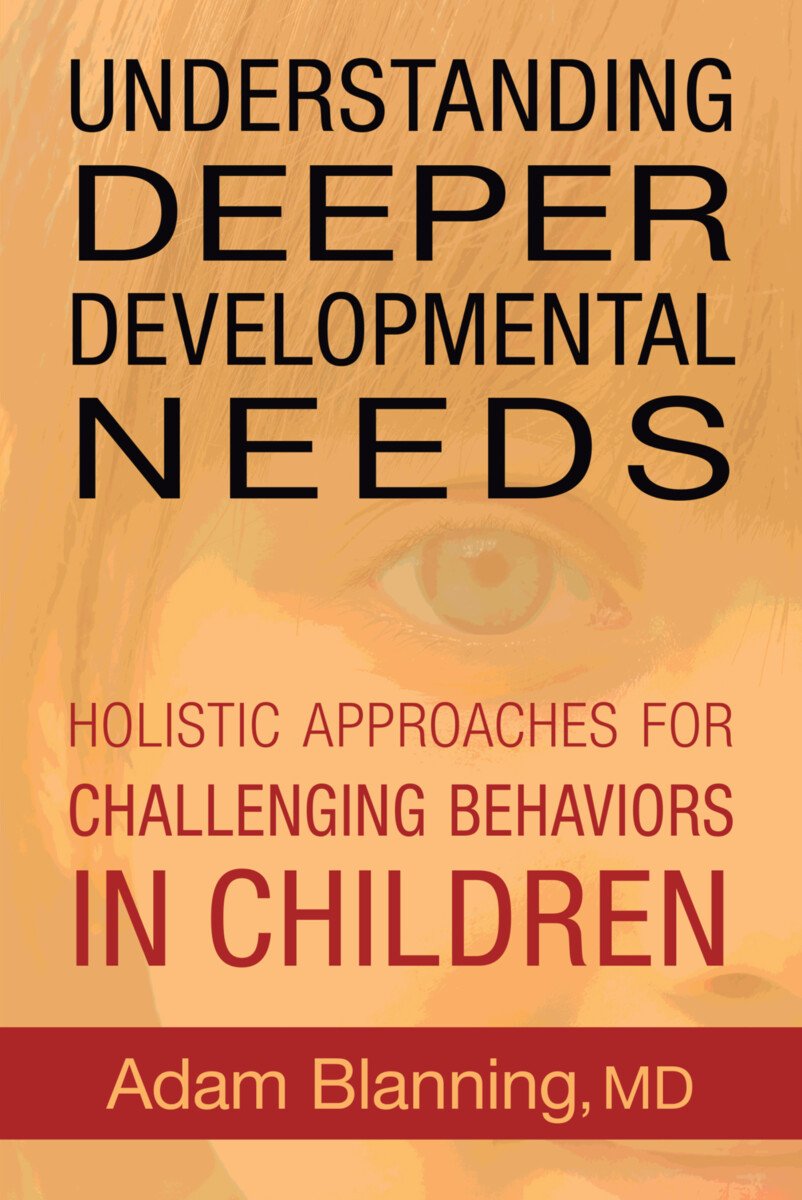
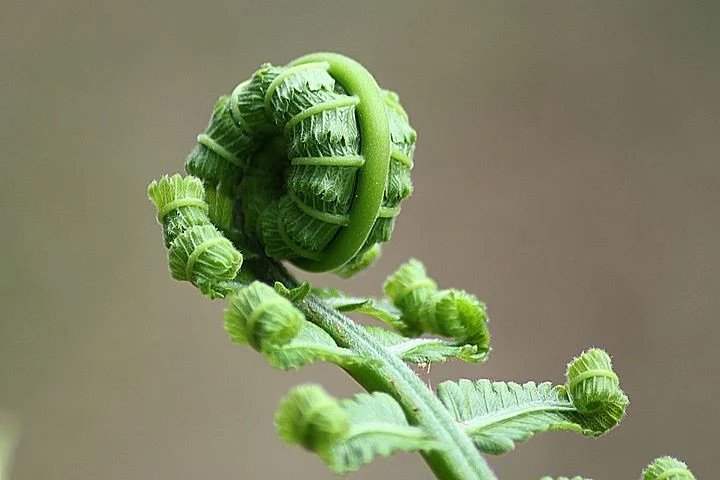

Podcast: Healthy Eating and Sleeping
Listen to a podcast conversation about healthy eating and sleeping!

Effects of the Pandemic on Digestion and Irritable Bowel Syndrome (IBS)
It is now possible to look back at some of the effects of the pandemic, beyond the obvious outer social changes, limits on activities, and number of people who became ill. A central aspect of this time has been the repeated call to heighten our awareness of everything around us! What are you doing, who are you around, how close, what’s allowed, what’s not allowed, how do others feel about this? It’s been a lot of sensing.
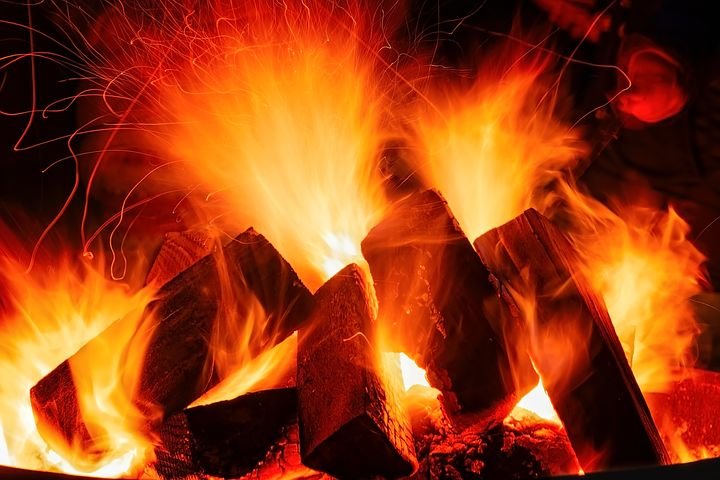
Staying Healthy, Part 2: WARMTH
How many different kinds of warmth can you think of? There is the warmth of a sunbeam, the warmth of a fire, warmth of interest, warmth of heart, warmth of anger, warmth of fever, and the fiery warmth of enthusiasm! Warmth is powerful–integrating and overlapping–and a tool that our body intentionally creates during an inflammation. Anthroposophic medicine places a lot of focus on warmth because it plays such a key role in processes of transformation.

Rest, Warmth and Cleansing Workshop Recording
A lot of people emailed in the last month to say that they didn’t sign up for this workshop at the beginning of November.
They asked: “Is there is any way to register and view it now?” The answer is yes!
Click here to sign up and watch it on your own schedule.

How to Stay Healthy, Part 1: REST
When we get sick our body sends signals that it is time to rest. We don’t have much energy, we can’t do our usual activities, we need to sleep more. If we look at it from the outside—say if you were looking at another person who is “resting”—we might conclude that resting consists of not doing anything. This goes along with the saying “Rest is rust.” That outside view can make us think that stopping activity is bad, a loss or a waste, even make us feel guilty for slowing down.
But what about from the inside? Is resting just about being lazy? No. Consider sleep. Sleep provides the primary time for repair and recovery. Instead of our energy being directed to outside activity and outside impressions, during sleep (and intentional rest), our forces are redirected inward. If we don’t get sufficient rest then we may lose track of how we are doing inside.

Why Do Children Have So Much Milder Symptoms with COVID?
This pandemic period has lasted a long time.
Most everyone I know or talk to feels fatigued and is ready for this to be over. It’s a time that has seen a lot of pain and loss—physical loss, health loss, family loss, movement loss, community loss.
The other thing I hear now, all the time, is that people are also ready to move into a new phase and start to rebuild…
I have been thinking about children a lot because they are so wonderfully capable at rebuilding. They heal and adapt very flexibly. Using anthroposophic medicines with children is sometimes much easier than with adults, because children open up to change. They more naturally “drink in” a treatment. With adults, medicines and therapies are still tremendously valuable, but some accompanying shift in consciousness is usually also required for the treatment to last. So what allows children to respond differently? This pandemic period has lasted a long time. Most everyone I know or talk to feels fatigued and is ready for this to be over. It’s a time that has seen a lot of pain and loss—physical loss, health loss, family loss, movement loss, community loss.
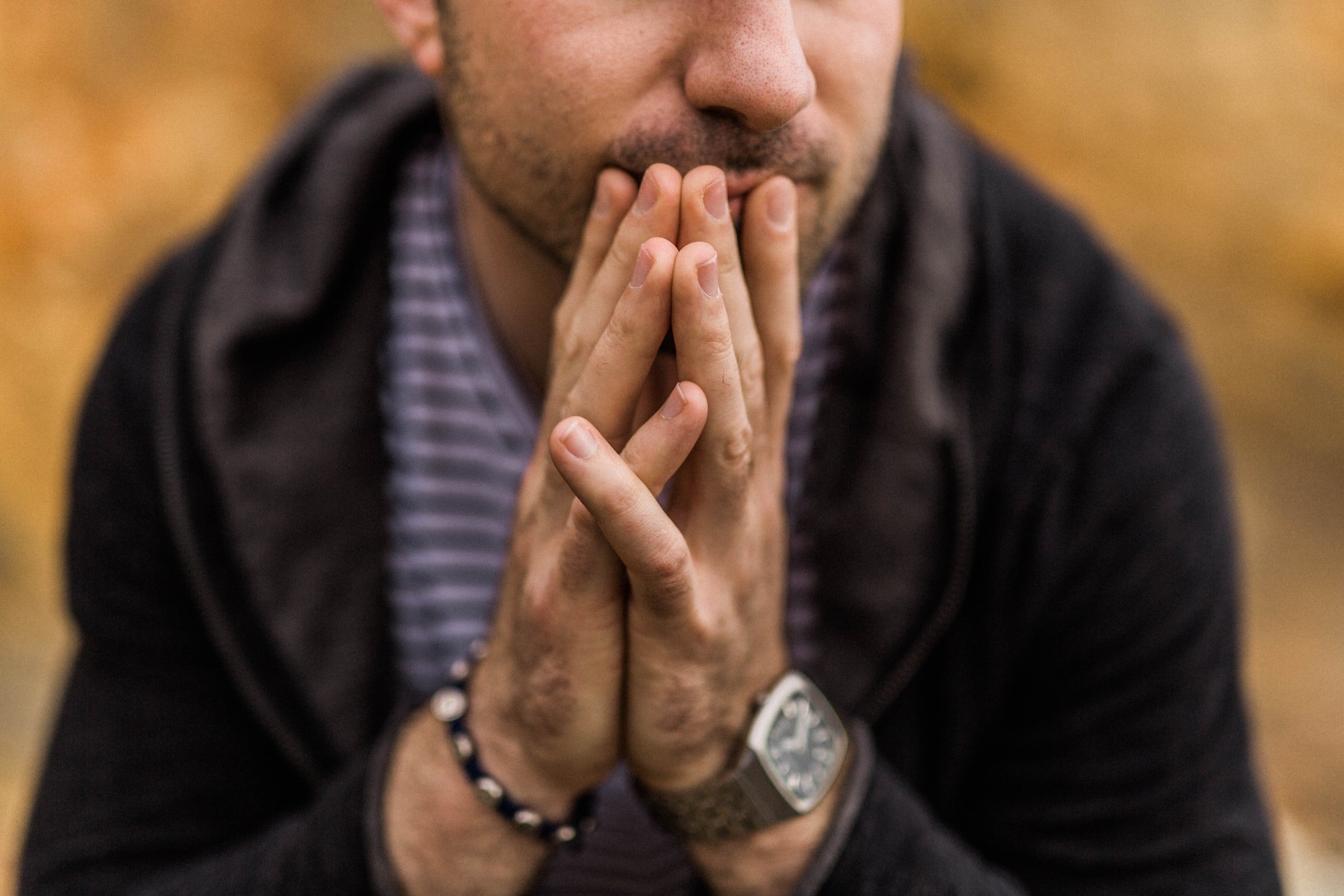
Resetting our Nervous System
How big is your sensing radius these days? For most people, after the last year-and-a-half, their circle of sensation has gotten bigger. We necessarily got used to taking in lots of information and adapting the patterns of our nervous system in order to be more vigilant. There’s some irony there, because since there were so many restrictions on activity, on in-person contact, on gathering with others, we might have really quieted and settled, even become under-stimulated. But it is a rare person I meet today who speaks about the pandemic time in truly restful terms. We might have been doing less, but we were sensing more, and it was mostly an anxious sensing.

Want to learn more about what stands behind Anthroposophic Medicine?
Presentation given by Dr. Adam Blanning, MD, in October 2020.
© Physicians' Association for Anthroposophic Medicine 2021

Rebuilding Our Inner Life (after a hard year of pandemic life)
“Want to learn about a different culture?—Go and live there for a year.” That’s the advice I heard as a college student preparing to do a year abroad. It proved true. You need that much time to really settle into a new experience. Part of it undoubtedly comes from experiencing all four seasons; part also surely comes from the subtle inner changes we make to accommodate to new surroundings. That said, we are now nearly a year into our pandemic experience. The idea that we would just need to “batten down the hatches” for a few months and then life would return back to normal, that idea has proven wrong. Life is different now and will continue to be. With fragmented social connections, disrupted rhythms, and so many streams of vastly different information, it is hard to know how to orient yourself.

Strengthening our Social “Muscles”
People have been asking if I am seeing people with COVID symptoms in the medical office and the answer is: “Not regularly.” That may well change as counts are going up in many places, but in general it is not the coronavirus itself that has needed a lot of medical attention, but all of the challenges around it. It is hard to think of a recent medical visit that has not been strongly influenced by living in this time of COVID.
What are we learning from living in this time? Well, if we become sick with COVID, then our immune system will be challenged to decide: what is me and what is not me? Viruses infect our cells. They need our cells to replicate and that process continues until we develop enough “knowledge” to recognize what does not belong to us (the virus) and that it should be removed. We have to burrow deep into ourselves to fight a viral infection. Once that process is completed we will have established new immunity against that process. In that particular area, with that particular virus, we now know where to draw the line of “self” and “not-self.” Antibody resistance means we have worked through a particular pathway of encounter, and it will be easier to mark the line of self/not-self if we need to go that same way in the future.

Different Ways for Thinking About “Building Immunity”
Let’s flip our usual thinking for a moment: maybe this whole time of the corona virus is about getting stronger, not sicker? What if this time is truthfully a deeply needed push, urging us make changes that would otherwise be inconvenient or ignored? Most of the news we hear centers around masks, quarantines, social distancing and vaccine development. Those are all outside factors, which will only influence our health from outside. What about inside factors—can they make a difference? How does our soul state influence our health and our immunity?

Not Getting Tied in a Pandemic Knot
This has proved to be a strange season. We are all a little bit frozen in our soul (this is true whether you are experiencing summer in the Northern hemisphere or winter in the Southern hemisphere). The release of summer here in the States, which everyone longed for and hoped for during March, April and May, has never really arrived. As a collective group our summer exhale never fully “blossomed” or expanded or released. The natural world kept its rhythm, but that has not been true for many of the peoples of the earth. Usually when Springtime ends, school finishes, and the weather warms, everyone relaxes and softens. People go outside, go on trips, get out of the house. New ideas and new initiatives are appropriately postponed. They are forgotten for a time. It’s the part of the year when, as a medical doctor, I can usually take some vacation and people hardly notice.

Looking towards the Recovery Stage of a Healing Crisis
An important part of anthroposophic medicine is thinking about why we get sick, even with the COVID19 illness. That consideration does include aspects like routes of exposure (respiratory droplets, coming into contact with contaminated surfaces) as well as knowing when someone can most easily spread an infection (once your fever has been gone for three days you are no longer considered contagious). Those aspects are real and lend quantifiably information we can study through testing and epidemiologic models. Those are the outer parts of the illness and they deal with the quantifiable parts of the illness. But there are other levels of illness which have more to do with patterns of symptoms and patterns of consciousness and try to understand the qualities of the illness. Why are we getting this illness? Those pieces can tell us something about the “being” of an illness. Pandemics are unusual because everyone around the whole world experiences the same illness process at the same time. Pandemics have more of a relationship to the experiences of a particular time than to the conditions of a certain place. They are different than working to understand the health history, illness inclinations, or biography of an individual person.
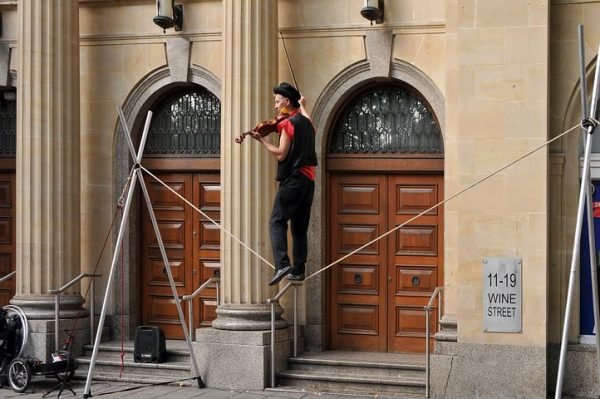
A Global Biographical Change (in which we are all shifting at the same time)
Where does change come from? Change is constant, with different people continuously making important life shifts all around us. The timing for them is usually independent and varied, so that there are always losses, moves, divorces, and births, but unless we are immediately connected to them we may not think much about them. Right now, life is different. We are all sharing a common experience of change, all around the world. It is a time of strong outer changes, which will undoubtedly fuel inner shifts that last beyond these immediate weeks and months.

Support for Weaning off of an Antidepressant
This might feel like a strange topic to bring up during a pandemic—shouldn’t we actually all be getting onto an antidepressant medication right now because of all of the hardship and worry that is happening in the world? The answer is, no, not as a first resort. We can learn from this time. We are being asked to understand ourselves in new ways and not just go back to the way things were, once outside circumstances make that possible. We are changing, and change can be very good. Consider it a kind of healing crisis.
Conventional antidepressants do have their role. They stabilize our nervous system and our emotional life and they can wonderful, life-saving medicines in the right situation. I prescribe them when needed and appreciate their support, but reserve them for when life is truly too overwhelming and there just needs to be some quiet pause….

Breathing in the Time of a Pandemic
I’ve been thinking a lot about the novel coronavirus and its illness, COVID-19, and the fact that it generally does not seem to be such a severe illness for children. That fact is unusual. We generally worry about children becoming more ill with a new virus because they have not encountered it before. The seemingly continuous “six-month-cold” that virtually every child gets when she begins school or daycare is really the repeated process of working through one infection after another. There is a whole repertoire of respiratory viruses they have never met before. With each illness process immunity builds, and in time, the inflammatory reaction becomes brisker and the child more resilient. As adults, we are surely exposed to those same viruses and bacteria all the time, but have gained protection, gained “experience” around working with them. We therefore do not have the same repeated symptoms. But meeting the coronavirus seems to be different, almost opposite. No one has existing protection from this virus–that is why it is labelled as “novel”—and yet, young age seems to be of physiologic benefit. There is something about the way younger children get sick that we should pay attention to.